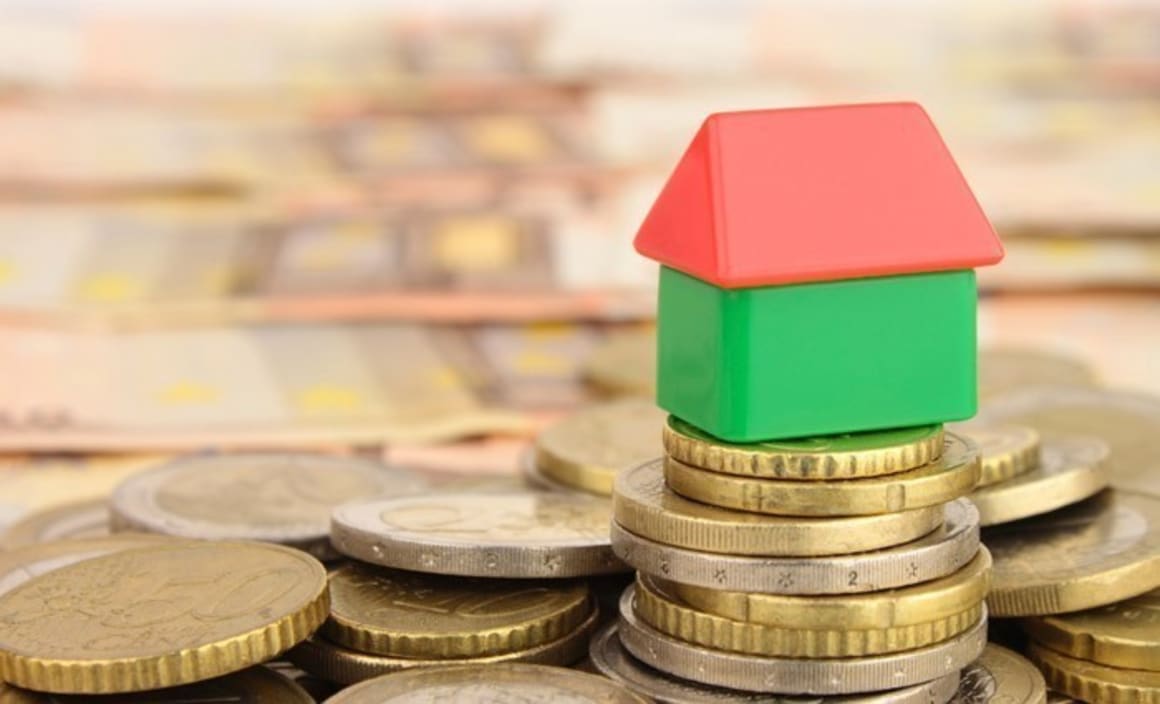Sydney and Melbourne housing price growth "still high": RBA November minutes

Low interest rates and ongoing population growth were continuing to support growth in both housing construction and the established housing market, the Reserve Bank of Australia (RBA) has noted.
The rising house prices are encouraging people to spend more money in retail.
"Growth in dwelling investment had remained strong and this was expected to continue in coming quarters, based on building approvals and other forward-looking indicators," according to the RBA November minutes.
But the central bank noted housing price growth had slowed from the rapid pace of late last year, "but was still high in Sydney and Melbourne".
"While growth in housing credit for owner-occupiers was only a little above that of income, credit extended to investors had continued to grow at a noticeably faster rate.
"Members noted that the strength in the housing market was expected to give some support to household consumption in the near term as rising housing valuations allowed some credit-constrained home owners to bring forward their consumption.
"The pick-up in retail sales in the September quarter and stronger growth in retail sales in those states with more rapid housing price growth was consistent with this view."
However, members also observed that expectations of low income growth would be likely to weigh somewhat on consumption, which was expected to continue growing at a moderate pace in the near term before strengthening over 2016.
"Very low interest rates continued to support activity in the housing market and this was expected to spur activity in other areas of the economy through the usual channels," the minutes noted.
Members noted that growth in housing credit extended to investors in housing had continued to grow at a noticeably faster rate than credit to owner-occupiers.
Their discussion came shortly before, for the first time in the 30-year history of the Australian Bureau of Statistics’ housing finance series, that the value of investor loan approvals in September, at $11.94 billion, was greater than the value of loans to owner-occupiers, at $11.77 billion.
The board members concluded their discussion of financial markets with the observation that Australian lending rates on the stock of outstanding housing and business loans were continuing to edge lower.
"The outlook for inflation had been revised up slightly in response to the depreciation of the exchange rate during October.
"The cumulative effect of the exchange rate depreciation since early 2013 was expected to add a little under one half percentage point to underlying inflation in each year over the forecast period.
"Nevertheless, domestic inflationary pressures were generally expected to remain subdued given spare capacity in labour and product markets.
"As a result, underlying inflation was expected to remain consistent with the target over the forecast period."
The monetary policy committee of the RBA was attended by Glenn Stevens (Governor and Chair), Philip Lowe (Deputy Governor), John Akehurst, Roger Corbett AO, John Edwards, Kathryn Fagg, Martin Parkinson PSM (Secretary to the Treasury), Heather Ridout AO, and Catherine Tanna. Others attending were Guy Debelle (Assistant Governor, Financial Markets), Christopher Kent (Assistant Governor, Economic), Alexandra Heath (Head, Economic Analysis Department), Anthony Dickman (Secretary), Peter Stebbing (Deputy Secretary).